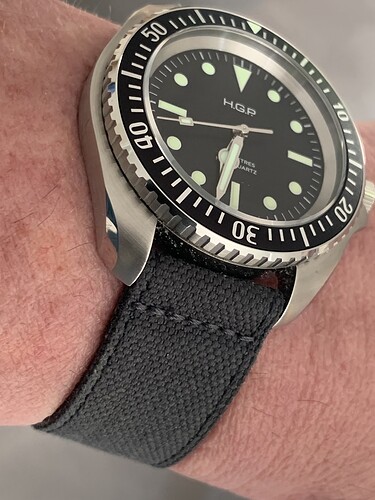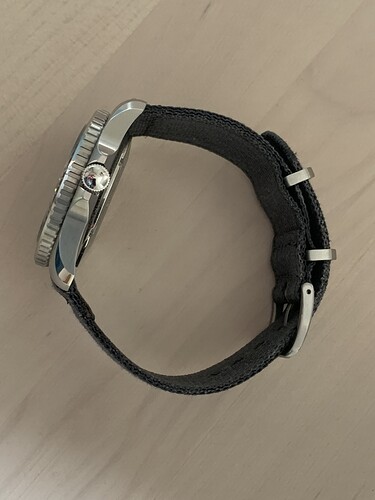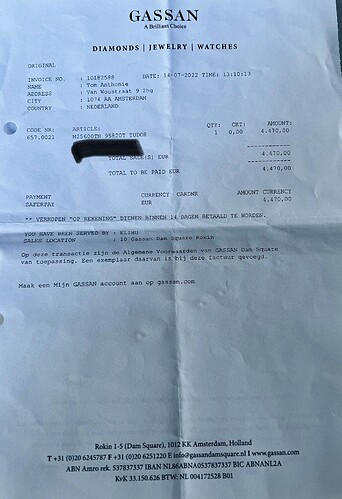The Center for Universal Education at Brookings will host its annual Research and Policy Symposium, which will focus on the current global movement toward recognizing the full breadth of skills within national education systems.
Through a series of public and private discussions, the symposium will highlight the latest research and practices on how curriculum, assessment, and pedagogical processes are expanding to include skills such as problem solving, creativity, and communication. Policymakers, teachers, researchers, and thought leaders will discuss how to design and implement the breadth of skills approach to ensure all children have high-quality learning opportunities that build the necessary skills to create vibrant, healthy societies in the face of changing social, technological, and economic demands.
Additional details will be shared in the new year. Until then, please save the date. For any questions, please contact cue@brookings.edu.
Het bericht Skills for a Changing World verscheen eerst op GCE-NL.
![[TK] Breitling Avenger in zeer mooie staat €2250,- [TK]](http://files.s3.horlogeforum.nl/uploads/db9961/optimized/4X/8/a/a/8aa36e8c34c48527881c0d83307df3775272812c_2_375x500.jpeg)
![[TK] Breitling Avenger in zeer mooie staat €2250,- [TK]](http://files.s3.horlogeforum.nl/uploads/db9961/optimized/4X/0/4/f/04f8eca84f2411bd1b9f2fe88b7b255f0e317d7d_2_375x500.jpeg)







